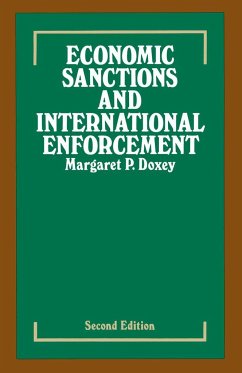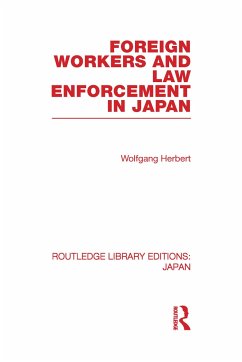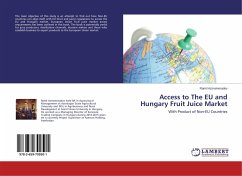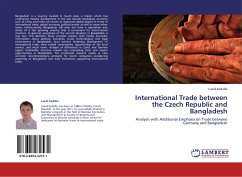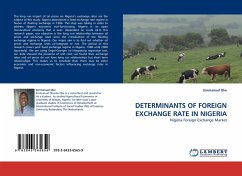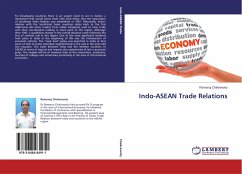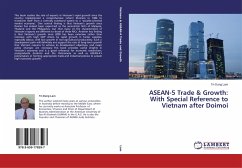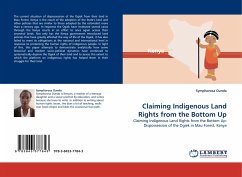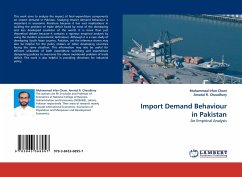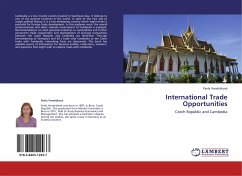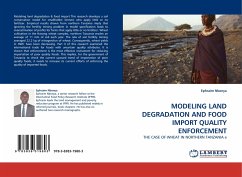
MODELING LAND DEGRADATION AND FOOD IMPORT QUALITY ENFORCEMENT
THE CASE OF WHEAT IN NORTHERN TANZANIA e
Versandkostenfrei!
Versandfertig in 6-10 Tagen
32,99 €
inkl. MwSt.

PAYBACK Punkte
16 °P sammeln!
Modeling land degradation & food import This research develops a soil conservation model for smallholder farmers who apply little or no fertilizer. Empirical results drawn from northern Tanzania imply that ignoring the fertility mining problem in model specification leads to overestimation of profits for farms that apply little or no fertilizer. Wheat cultivation in the Hanang wheat complex, northern Tanzania erodes an average of 11 mm of soil each year. The rate of soil fertility mining averaged 22.2 kg of nitrogen/ton of wheat. Consequently, wheat yields in HWC have been decreasing. Part II ...
Modeling land degradation & food import This research develops a soil conservation model for smallholder farmers who apply little or no fertilizer. Empirical results drawn from northern Tanzania imply that ignoring the fertility mining problem in model specification leads to overestimation of profits for farms that apply little or no fertilizer. Wheat cultivation in the Hanang wheat complex, northern Tanzania erodes an average of 11 mm of soil each year. The rate of soil fertility mining averaged 22.2 kg of nitrogen/ton of wheat. Consequently, wheat yields in HWC have been decreasing. Part II of this research examined the international trade for foods with uncertain quality attributes. It is shown that enforcement is the most effective instrument for reducing importation of poor quality foods. This implies, for the government of Tanzania to check the current upward trend of importation of poor quality foods, it needs to increase its current efforts of enforcing the quality of imported foods.



